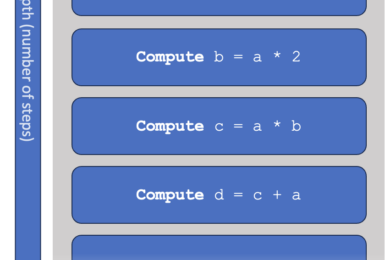November 8th, the EQSI–European Quantum Software Institute was launched with a stakeholder event in Paris.
One of the founding members is the director of QuSoft , Harry Buhrman according to whom “this is an important step towards a strong European ecosystem in quantum software” and our continuous commitment to scientific excellence and responsible innovation at the European level. EQSI aims to further align development processes and jointly achieve responsible innovation in Europe for Quantum Software and Quantum Algorithms, through co-creation with industry and Quantum Hardware partners.
EQSI is an initiative by six founding members, including our community member Harry Buhrman from QSoft, Matthias Christandl from QuMATH–Denmark, Yasser Omar from PQI–Portugal, Robert Koenig from TU Munich, Andris Ambainis from Univ Latvia and Iordanis Kerenidis from PCQC–France. They have already been working together on projects over the past decades and with this institute intensify and expand European collaboration.
During this important launch, these were the speakers: Laure Le Bars Johanna Sepúlveda Gopal Karemore Julia Feddersen Neil Abroug Doru Tanasa Sabine Mehr Krzysztof Kurowski Marek Lampart. The members of the Hardware Board and Industrial Forum were present as well.
From the QDNL Programme Office, Julia Feddersen has been involved in the facilitation of stakeholder engagement and the development of a shared mission. At the launch, she presented the Dutch National Quantum Initiative.
Future activities of EQSI include stakeholder sessions with industry, community-building events and joint education programs.




